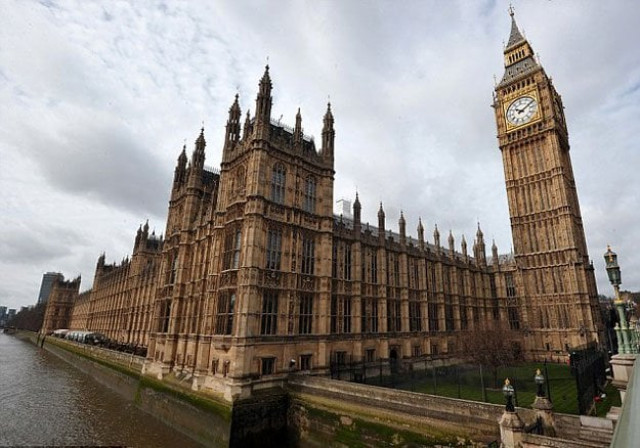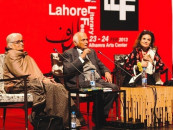British MPs ‘alarmed’ over IIOJK abuses
Lawmakers urge India to provide updates about the welfare of detained activist

Members of the British parliament on Wednesday expressed their alarm over the human rights violations in Indian Illegally Occupied Jammu and Kashmir (IIOJK).
They also again urged India to provide updates about the wellbeing of Khurram Parvez, the Kashmiri human rights activist arrested by the National Investigation Agency in Srinagar last month.
Around 29 cross-party MPs of Britain's House of Commons issued a demarche to the High Commissioner of India to the UK, seeking his response to the reports of human rights abuses at the hand of Indian forces, including the martyrdom of Kashmiri citizens in fake encounters, in the occupied region.
They questioned the martyrdom of "innocent Kashmiris" at the hands of Indian forces, which labelled unarmed citizens as suspected terrorists before shooting them down.
"Those who are killed are mostly normal citizens," the demarche read.
Parvez, the rights activist, is reportedly imprisoned in New Delhi, wrote Debbie Abrahams, Member of the Parliament for Oldham East and Saddleworth and Chair of Kashmir All Party Parliamentary Group (APPG) in the demarche.
Abrahams pointed at the fake encounter in Hyderpora and the arrest of the globally renowned Kashmiri human rights activist.
She stated that Parvez was arrested after he criticised Indian forces for violating human rights in IIOJK.
The lawmaker noted that Pervez was not a terrorist but a “defender of human rights".
His residence and office were searched and a mobile phone, laptop and books were seized.
He is being held under the Unlawful Activities (Prevention) Act (UAPA) — a vaguely worded law that effectively allows people to be held without trial indefinitely.
Parvez, one of IIOJK's best-known activists, is head of Jammu Kashmir Coalition of Civil Society, a group of rights organisations working in the region.
Read More: Pakistan asks UN to take notice of extra-judicial killings in IIOJK
The British lawmakers also supported the call by the Human Rights Watch that India had not been holding transparent investigations in cases of human rights abuse in the occupied valley.
They called for a transparent, credible and independent investigation into the human rights violation cases in IIOJK, pointing to Hyderpora fake encounter in which four Kashmiri civilians were martyred by Indian occupation forces.
The lawmakers also referred to the fake encounter in Amshipora where three civilians were martyred and dubbed militants by Indian forces.
They noted that 108 magisterial probes were ordered by the Indian government in IIOJK since 2008 but they neither reached a logical conclusion, nor was anyone convicted – which warrants an independent investigation.
Supporting the voice, Tehreek-e-Kashmir (TeK) UK President Fahim Kayani said the day was not far when India would be held accountable before the international community.
“The demarche issued to Indian envoy by the British lawmakers exemplifies that voice of Kashmiris is being heard,” he said, thanking Abrahams for taking up the issue with the Indian government.
“The realisation by the international community of fake encounters followed by fake investigations by India is a win of Kashmiris,” the TeK president added.
“The façade of democracy that India wears is being unmasked and its true face where it employs fascism and religious hatred is being exposed to the world.”
Kayani urged the British government led by Prime Minister Boris Johnson to take a cue from the APPG and question India’s record in IIOJK.
“Play the role of true human rights defender as has been the tradition of democracies,” he urged Johnson. “The silence of British government on India’s war crimes in IIOJK reeks of hypocrisy and double standards.”
The TeK president further noted that upholding human rights transcended geopolitical interests.
He called on other parliamentarians around the world, especially the US congressmen and senators to raise their voice and hold India accountable for its human rights violations in the occupied territory.


















COMMENTS
Comments are moderated and generally will be posted if they are on-topic and not abusive.
For more information, please see our Comments FAQ